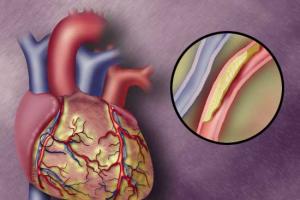Modern treatment of pregnant women by a dentist with the use of anesthesia raises a large number of questions for women who are carrying a child. In most cases, women in the position are afraid of procedures, the safety of which is not well known. The use of anesthesia is associated with many fears, prejudices and misjudgments. In any case related to health issues, it is important not to go from one extreme to another, but to carefully study all aspects of the effect of the drug on the body, all possible risks and contraindications.
Today, dentists and doctors involved in pregnancy agree on the need to visit the dental office in order to preserve the health of the woman and the normal development of the baby, because in many cases it is the teeth that are destroyed during pregnancy. In many ways, this problem arises due to the hormonal changes that occur in the body of a woman. In fact, this process is natural, contributing to the natural development of the child.
During the bearing of a child, it is necessary to treat the oral cavity in time using safe methods of anesthesia, since hormonal changes can destroy even completely healthy teeth.
An infection occurs in the oral cavity, which only contributes to destructive processes.
Let us consider in more detail the cases of using anesthesia for women in position and the cases of a ban on its use.
When pain relief is needed
Before deciding on the possibility of using anesthesia during the period of bearing a child, consider whether you really need it? After all, for example, the treatment of an uncomplicated carious cavity can do without its use. The dentist will be able to clean the channels gently without touching the nerve itself, and there will be no need for dental anesthesia, which is undesirable for pregnant women.

Dental office visit
In the event of complicated caries or the need to remove a whole tooth, the situation changes radically, and the use of local anesthesia becomes necessary. The attending physician must be informed about the situation of the pregnant woman.
Important! Much is decided by the individual sensitivity of the patient - local anesthesia can be avoided if you are able to endure the pain of the procedure.
During the bearing of a child, the mood of the mother is felt by the child, which is why, with extreme sensitivity of the teeth, it is recommended to inject an anesthetic during their treatment.
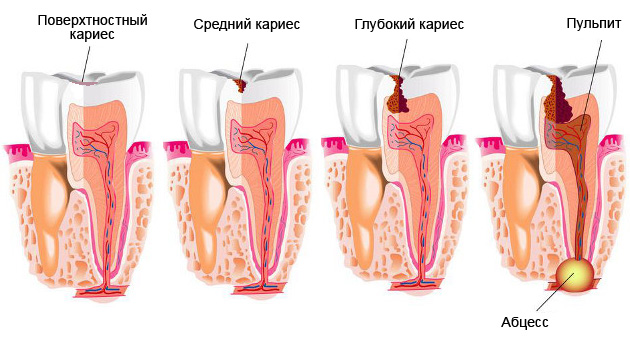
The effect of anesthesia on the body of a pregnant woman
Among pregnant women, there is a widespread opinion about the dangers of any type of anesthesia in the process of fetal development. In this regard, most pregnant women prefer to postpone a visit to the dentist's office.
When carrying a child, it is necessary to clarify with the attending physician the possibility of treatment by a dentist using anesthesia.
It is often allowed if
- there is no individual intolerance;
- well-chosen painkillers;
- treatment is carried out in the second or third trimester of pregnancy.
It is important to understand how pain medication affects women who are pregnant. Often, dentists use medicines containing adrenaline, which causes blood vessels to constrict, resulting in an analgesic effect.
These drugs are prohibited during pregnancy, as they increase uterine tone and provoke an increase in blood pressure. It is because of this that expectant mothers should receive treatment using only modern medicines containing a minimum amount of adrenaline.
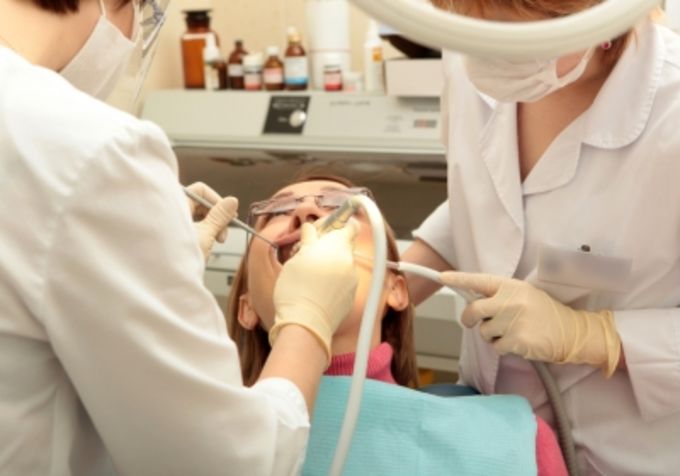
When treating teeth during pregnancy, an anesthetic is injected with an injection, which begins to act after a short period of time. A pregnant woman usually does not feel any pain from medical actions, which allows for a variety of procedures up to the removal of a diseased tooth. Neither the mother nor the child will feel any negative emotions.
When carrying a child, it is forbidden to perform anesthesia:
- in the first trimester of pregnancy;
- in the last month of pregnancy;
- with allergies to the constituent components of the anesthetic drug;
- if there is a danger to the mother and child from the type of painkiller used.
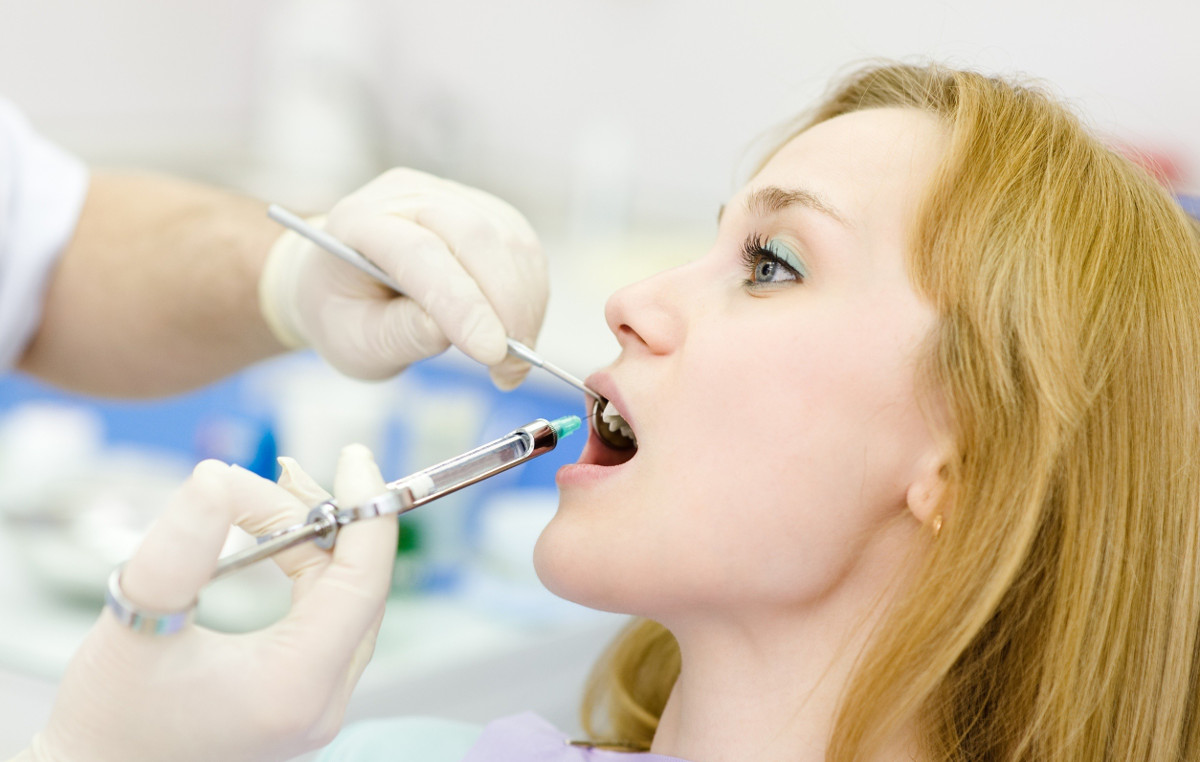
There are some types of anesthesia prohibited during pregnancy. The consequences of their use may be irreversible.
When and how is dental treatment performed?
Conducting a large number of studies made it possible to identify drugs with the smallest amount of the adrenaline hormone in the composition.
For example, as anesthesia for pregnant women, the following are preferred:
- Ultracain;
- Primakain;
- Ubistezin and others.

The use of these drugs does not pose a danger to the health of pregnant women, since all the harmful substances contained in them cannot penetrate the walls of the placenta, which means that they are not able to penetrate the baby's body. Primacaine and Ultracaine are the most commonly used pain relievers. Some experts are not opposed to their use even in early pregnancy.
For your information! Ultracain is not only unable to penetrate the placental membrane, but also does not penetrate into breast milk, which is why it is used even during the lactation period.
The attending physician individually determines all the necessary doses of the drug according to the duration of pregnancy, the state of health and the age of the woman. Primakain, on the other hand, minimally enters the placenta and, moreover, has a short half-life, which is why conductive anesthesia with the use of this drug is allowed when carrying a child.
Video - Is it possible to treat teeth during pregnancy?
In the first trimester, during the first 3 months, the baby's organs and systems are laid and develop. It is not recommended to carry out dental treatment before the fertilized egg is fixed, since the embryo is characterized by high sensitivity to external irritating factors.
It is common for people to experience pain when visiting a dental office, and the pain experienced by a pregnant woman is quickly transmitted to her child. It makes no sense to interrogate the dentist about the possible harm from anesthesia during pregnancy, since the answer is obvious and any intervention during the formation of organs and systems is not recommended due to the possible impact on the processes.
Important! It is recommended to postpone all necessary procedures until the 4th month of pregnancy in the absence of pulpitis or periodontitis, because these diseases affect the health of the baby and require appropriate treatment.
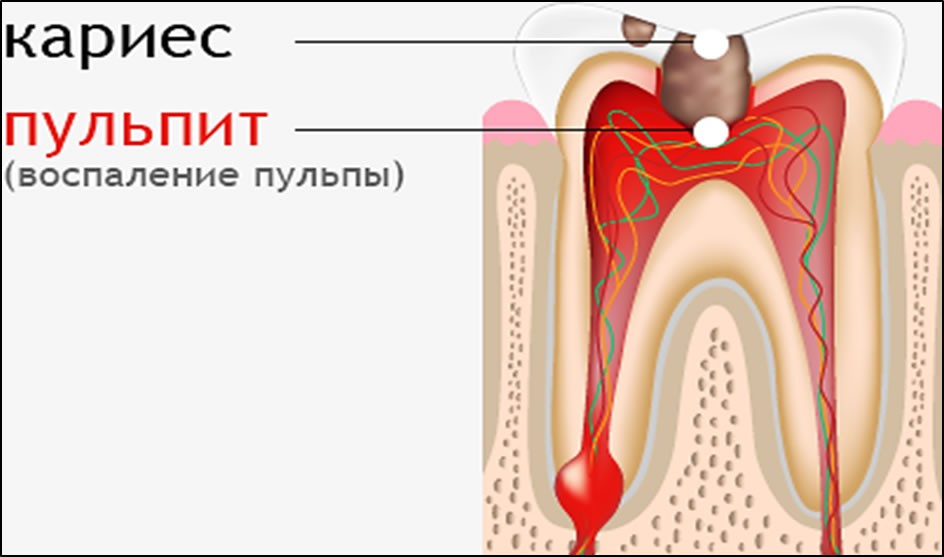
It would be most optimal to visit the clinic in the second trimester of pregnancy, since this period is characterized by a certain formation of systems and organs and the likelihood of harm is negligible. However, you should consult with your prenatal physician about the possibility of anesthesia in your particular case. Go through a series of preventive procedures and cure teeth that need emergency treatment.
However, it is worth remembering about procedures that are prohibited even during the second trimester.
These include procedures:
- bleaching;
- prosthetics;
- implantation.
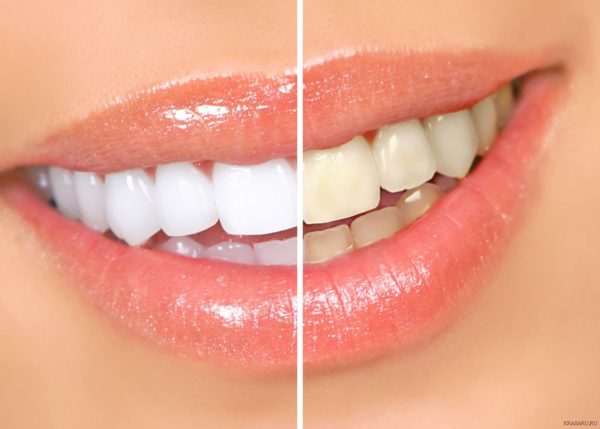
Teeth whitening is a forbidden procedure during pregnancy
Important! If there is any possibility of visiting the dentist after childbirth, it is better to postpone the visit.
The end of the third semester is also unfavorable for dental procedures. This period is often characterized by the general fatigue of the expectant mother, her anxiety about future childbirth. In addition, the uterus becomes sensitive to external influences and any medical manipulations can cause premature birth. It is because of this that a visit to the dentist is recommended only in special cases.
- Treatment is not recommended during the first trimester.
- In the second trimester, it is forbidden to use anesthetics and general anesthesia, as well as to use drugs whose components can cause allergic reactions in women.
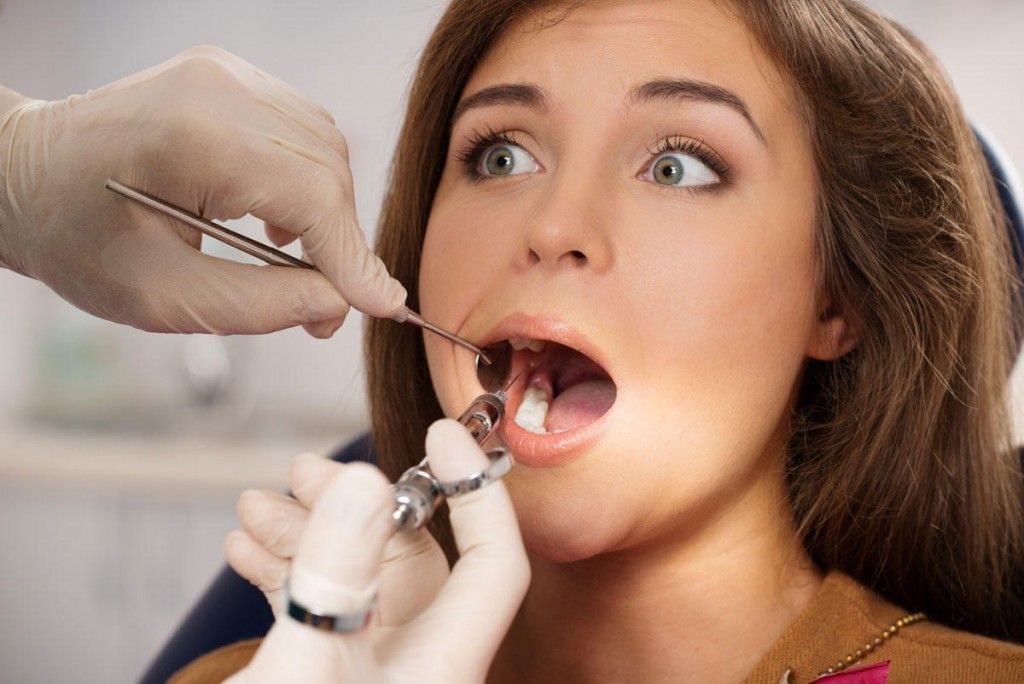
For your information! It is worth paying attention that at different periods of bearing a child there are some differences in the penetration of drugs through the placental membrane.
- At an early stage, the placenta is characterized by sufficient thickness, which reduces its permeability.
- In the later period, it becomes thinner and drugs penetrate it more easily.





